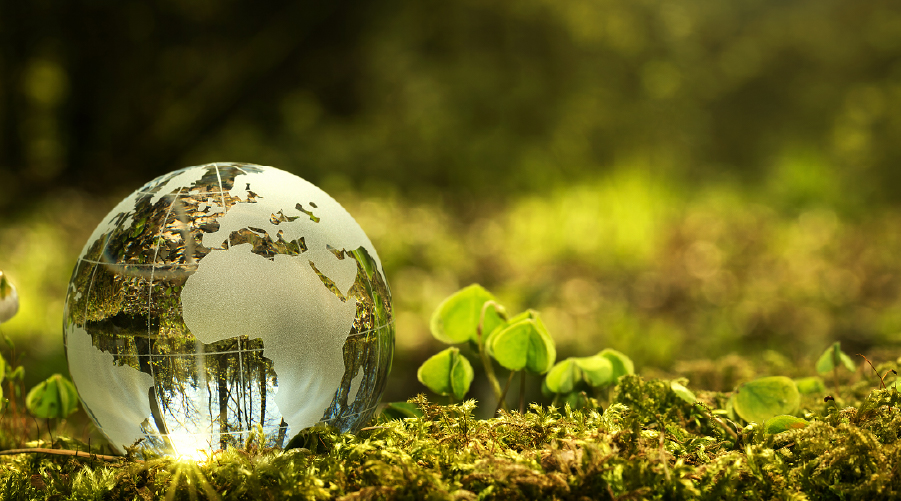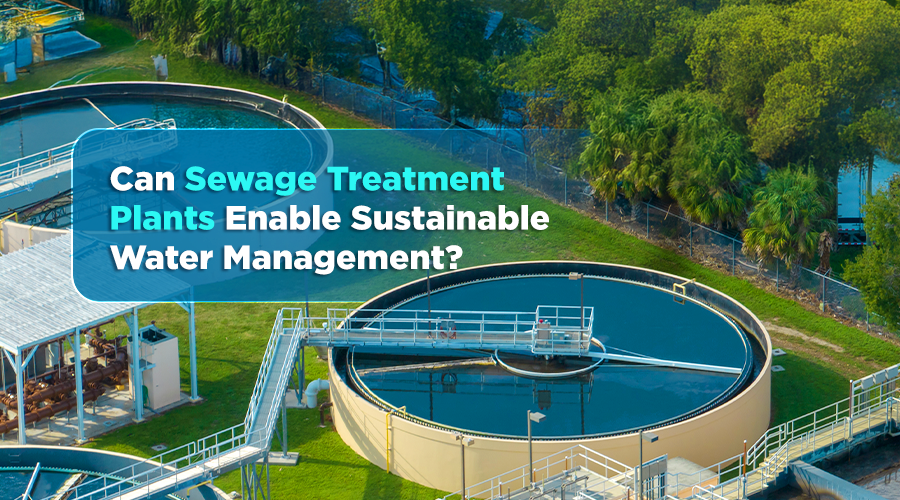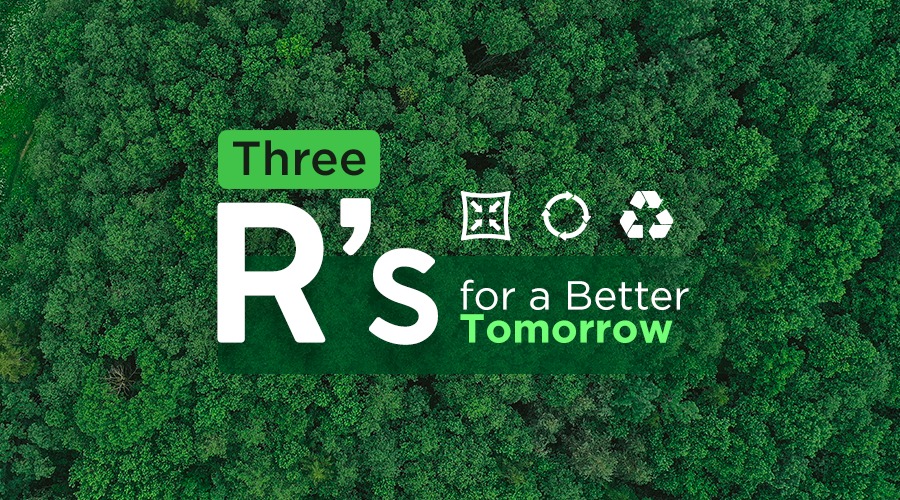Ever since the start of human civilization, nature has been a partner and supporter of our growth. Nature has no doubt been benevolent and has been making our life sustainable on the planet. However, only to a certain extent because as time goes by we are forgetting how much we humans are depending on nature.
July 28 heralds World Nature Conservation Day which is celebrated to boost awareness pertaining to the importance of biodiversity, natural reserves and nature as a whole. As we are still grappling with the social effects & economic fallout brought about by the ongoing COVID-19 pandemic, the need for a healthy environment & a balanced sustainable society couldn’t be more clear. The collapse of several ecosystems, many rare species on the verge of extinction, disappearance of wetlands, increasing pollution across the world, catastrophic change in climatic conditions & melting of freshwater glaciers are all consequences of natural imbalance.
These assaults on nature are impeding the progress and growth of nations all around the world and further driving displacement, instability and conflict. All of this should make us realise that it’s time we collectively play a part in conservation, preservation and protection of the world’s limited natural resources. Just as human actions are capable of destroying the health of our planet and nature; human actions have the ability to make a difference.
What Is Happening To Nature Right Now?
Nature is perhaps an essential component that is making our life possible on Mother Earth. Therefore, ultimately conserving nature boils down to ensuring that we preserve our lives and ensure that nature is available in its best form to future generations. As mentioned earlier, nature is retaliating because of our lackadaisical attitude towards it. The consequences of such retaliation will have to be faced by us and our future generations.
As our cities grow, and natural spaces shrink, we are furthering ourselves from nature. According to the IPCC climate change report, 2018, our most realistic option right now would be to achieve zero carbon by 2050. However, this is only possible if there is a dramatic change in consumer practices, land and energy transformation, global cooperation and agriculture. As per the Living Planet Report by the World Wildlife Fund, the world’s entire wildlife population has shrunk by 52% on average in the last 44 years. Without a doubt, such catastrophic impacts on humankind and planet, loom closer than ever.
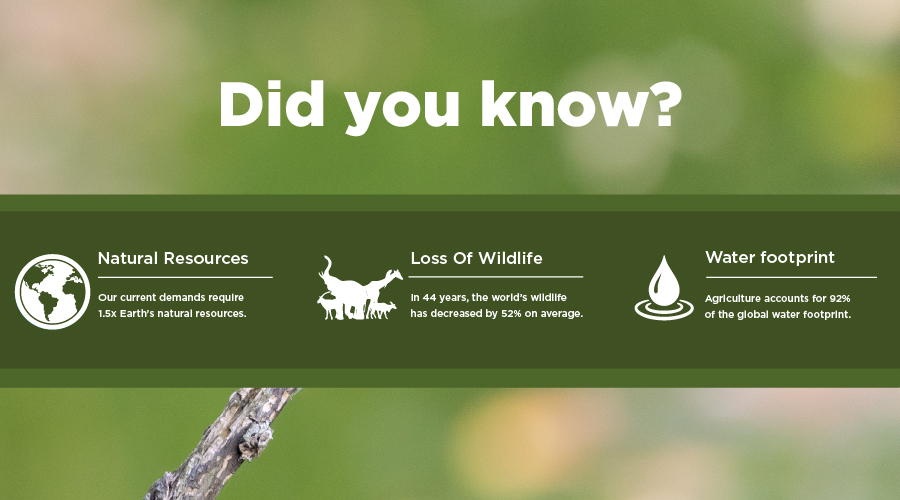
The IPBES, 2019 took more than three years to be compiled by 150 experts from 50 countries and was commissioned by the UN. As per this report, approximately 1 million species are on the brink of annihilation & humans have triggered a mass extinction event by way of many environmental crises & bonds that hold nature together are at risk of unwinding from deforestation, climate change, loss of biodiversity, pollution, population growth, as well as ocean plastics.
The Secretary General of UN on 2nd December, 2020 addressing Columbia University on “The State of The Planet” has revealed some dangerous conditions of our planet and nature. According to the address, globally 2020 has been recorded as one of the warmest years; marine heat waves are taking place in approximately 80% of our oceans; emission percentage has increased than the emission percentage in 1990s to 62% higher; around 75% of human diseases are turning out to be zoonotic and so on. But even the UN Secretary General believes in the ability of humans and hopes that by flicking the ‘conservation and green switch’ things can actually change for the better.
Yes, The Solution Is In Sight!
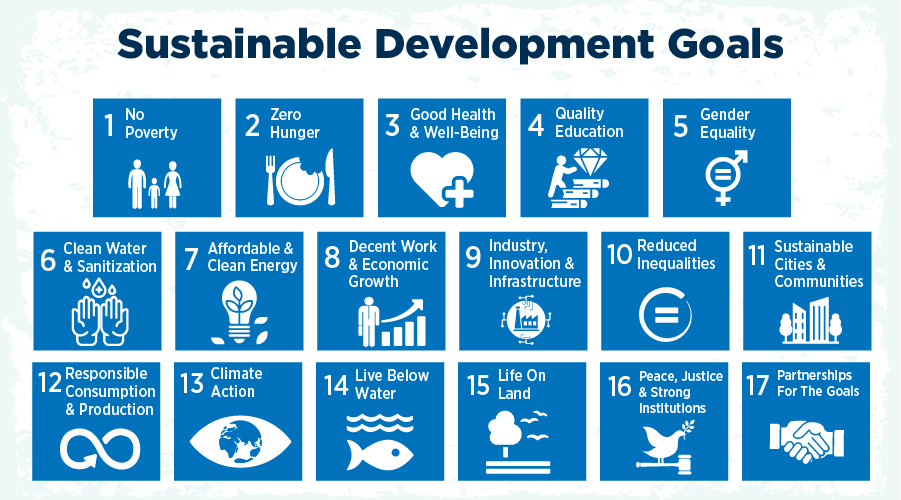
As we are the ones living on Earth, it is important for us to give back as much as we take. Also, we must ensure that we are leaving enough resources for future generations, both human and wildlife. Nature is a rich source of raw materials, food, medicine, fuel, fibre etc. and helps maintain the balance of climatic conditions and weather. It is also a rich source of educational and scientific information and allows us to preserve and promote biodiversity and different kinds of ecosystems. Moreover, nature also provides various spiritual, recreational, cultural benefits to us—the humans for our sustainability. Nature thus has been all giving and selfless for our survival.
We can still make a difference if we start now from local to global level. With a shift in mindset and adoption of transformative actions, we can restore and protect nature. It should be our ardent responsibility to take the best care of nature as much as it does for us. Remember, conservation is the new buzzword, but one must also firmly commit to it because every action of ours directly or indirectly impacts the natural environment around us.
Hence, conserving nature would entail the following:
- Protection of all kinds of natural resources;
- Maintenance of ecosystems, species diversity and genes;
- Use of natural resources sustainably, especially by us as humans;
- Maintenance of the optimal level of climate;
- Knowing what issues are affecting nature; and
- Devising practical strategies to deal with those issues.
We now have better technologies that can aid us in living a more sustainable life. Nature conservation in fact, has far reaching benefits. Whether it is at a local or global level, if we are mindful and bear our responsibilities to nature, we can improve several global issues.
Yes, You Can Make A Difference!
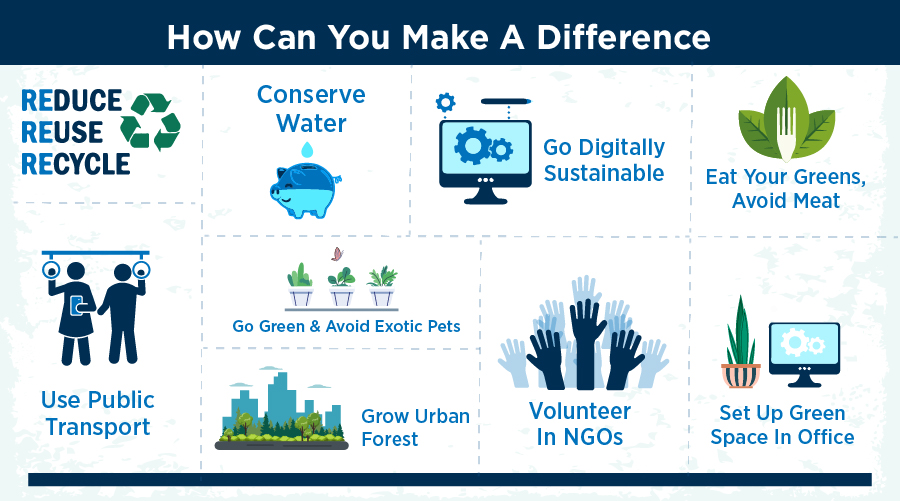
Conservation At Home:
If each of us contributes and instils certain good habits in our everyday life, we can ensure that our nature is conserved appropriately. Conserving nature starts with sustainable and intelligent practices at home. We list down a few things you can do outside the boundaries of your house to conserve nature and its resources:
Making 3Rs’ the way of living: We can do this by simple practices such as reducing wastage, reusing materials and recycling goods. Be conscious of wastes you generate and try to curb it as much as possible. Avoid using non-biodegradable disposable items like plastic cups, lighters etc as they take ages to decompose and remain in landfills making it harmful & lethal for the thriving biodiversity near the sights.
Conserve Water: We must use water judiciously while washing clothes, utensils etc. and adopt rainwater harvesting if possible. A few conscious habits like taking short showers, turning off faucets while brushing, doing dishes & routine checkup on leaks & drips can save gallons of water.
Go Digitally Sustainable: Practising digital sustainability by investing in home products and goods which have been made sustainably or ethically can make a huge difference in the environment. Opting for energy efficient products, saving electricity, minimising online activities, using Wi-Fi and carefully disposing electronic wastes can reduce impact on nature.
Going Green & Avoiding Exotic Pets: If possible, make your own kitchen garden or have your own organic farm, which will not just help you save money but also will help the ecosystem to thrive. Avoid keeping pets that are wild/endangered/rare as captivity reduces the lifespan and limits their breeding capacity. Ensure to keep home plants that help pollination.
Be Mindful Of Your Diet: It is important to be mindful of food we consume. Try adding more greens to your plate and avoid eating meat as the meat industry is one of the biggest contributors to pollution. You must also make it a point to avoid processed and junk food.
Conservation Outside Home:
Just following innovative practices aimed at conservation inside your home will not make a difference; you need to incorporate the practices outside your home as well.
Using Public Transport: Make use of public transportation but if you want to buy a private vehicle, then invest in electric vehicles. For shorter distances, you can use cycles/bikes or walk. Using public transport is a cheaper alternative and reduces congestion & pollution in the city.
Promote Urban Forestry: Urban Forestry is an integrated concept & technology to grow forests on community level in an urban setting. It is better that open landscapes, campuses, footpaths and wetlands have tree cover which not only will help us combat pollution and temperature issues, but will also promote biodiversity.
Volunteer In NGOs: You can also volunteer in NGOs and encourage others to participate as well. Spreading awareness on local levels with regards to consuming local, organic products, encouraging afforestation, conducting recycling workshops & promoting sustainable lifestyle can make significant difference in nature conservation.
Avoid Litters: Never throw waste at public places like beaches, roads etc. and participate in litter-clean up campaigns targeted at dirty public places. You can also collaborate with local people and install public dustbins to keep the area clean and safe for street animals.
Be Kind To Animals: A little kindness can go a long way if you try to take care of street and wild animals on the streets or donate and support causes that are aimed at conserving nature. Installing bird baths at home, rescuing street animals, avoiding exotic animals as pets & cooperating with local animal shelters will help create safe space for animals.
Conservation In Office:
As your office is your second home, you must also adopt some environmentally friendly practices in your professional space. Here are a few ways:
Setting Up Green Space: You can set up green spaces in your office and have office gardens and plants around the area. The Greener ecosystem will not just help you take one step closer to nature conservation but also increase productivity and overall vibe of the area.
Conscious Use Of Electronics: Make judicious use of electronic appliances and ensure cleaning products used in the office are non-toxic and chemical-free. Organise campaigns among employees and encourage them to practise digital sustainability.
Recyclable Office Supplies: Ensure the office supplies used are resourced ethically and are recyclable. Encourage everyone to use mugs, glasses & dishes rather than disposable containers. Avoid printing out too many documents if possible, if not try to use both sides of the paper. Get rid of items that don’t have greener alternatives like rubber bands.
Encouraging Carpools & Public Transports: Lastly, encourage your employees or colleagues to use carpools and use public transportation. Carpools & public transports are effective ways to commute for people living close by as it helps them share the cost of fuel and saves time.
The Bottomline:
It is not difficult to practice sustainability if we try. Just a little reading online and a little effort from yourself as well as your family and friends can go a long way. Not only are we suffering due to issues such as pollution and climate change, but so are wildlife, who are essentially helpless against the effects of human interaction with nature.
Above all, it is our duty to be responsible. We must be fully aware of the impacts of our actions and the effects it has on the nature and environment around us. We must strive to be fully committed to protecting wildlife and the environment; because only then will our actions count and make a difference in this world.
As you are well aware now that nature is in danger and is in dire need of our help. Nature can still be conserved and the evils committed by us can be repented for if each individual promises to make fundamental changes in their lives. The relationship each one of us shares with nature has to be cherished and has to be further strengthened through dedicated conservation and sustainable efforts.
Solidarity with nature and its resources is the only way in which you can be successful in your endeavor to make a difference and conserve nature. Changing the course of nature conservation is now in your hand. So come forward and take a pledge to do your best for the present as well as the future generations. Every pledge and effort counts! There is no time to lose hope but remain dedicated towards our planet and nature.


